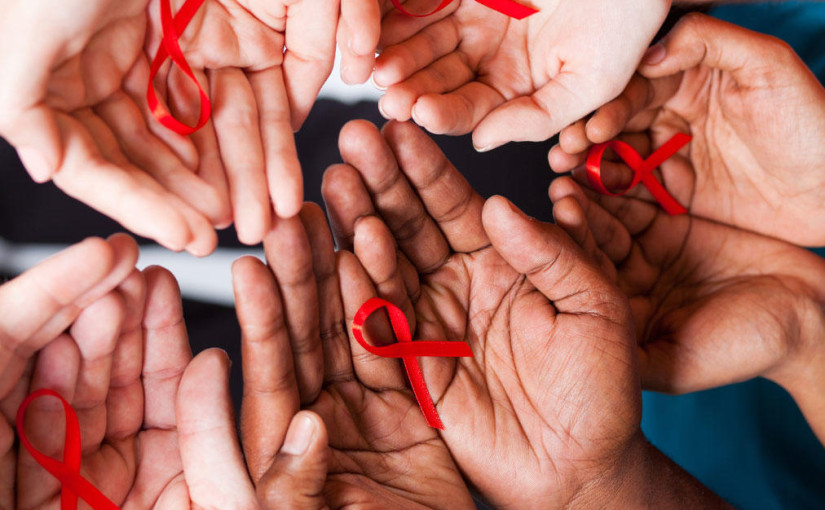×
The Standard e-Paper
Stay Informed, Even Offline

A World Aids Assembly opened in Amsterdam yesterday hoping to harness the star power of activists Elton John and Prince Harry to bolster the battle against an epidemic, experts warn may yet spiral out of control.
Thousands of delegates - researchers, campaigners, activists and people living with the virus - will attend the 22nd International Aids Conference amid warnings that "dangerous complacency" may cause an unstoppable resurgence.